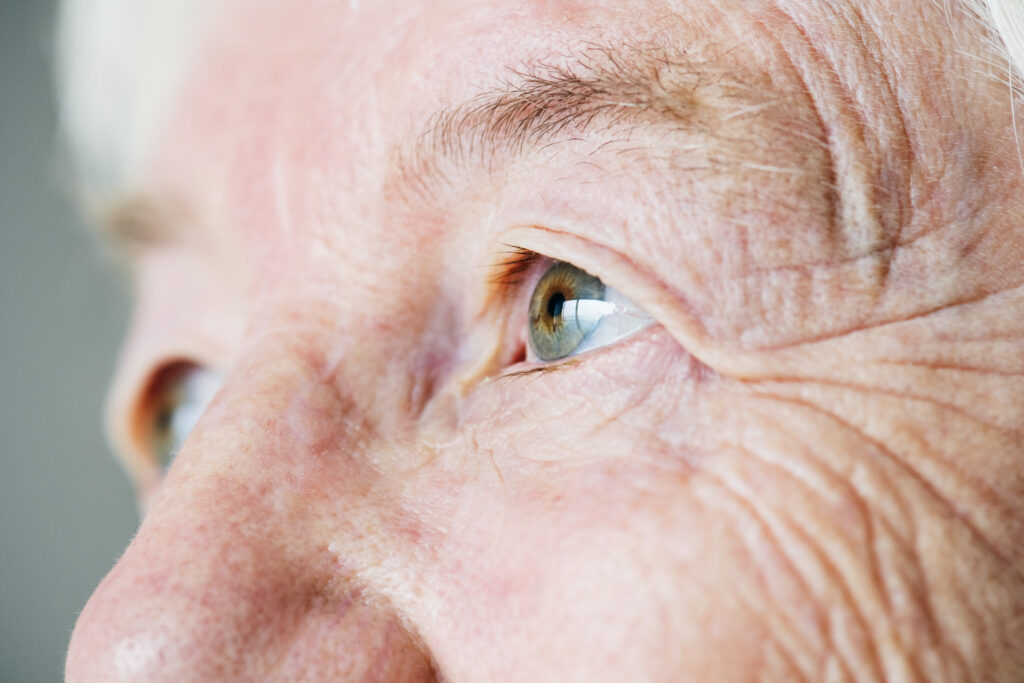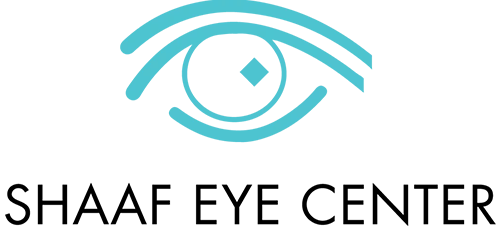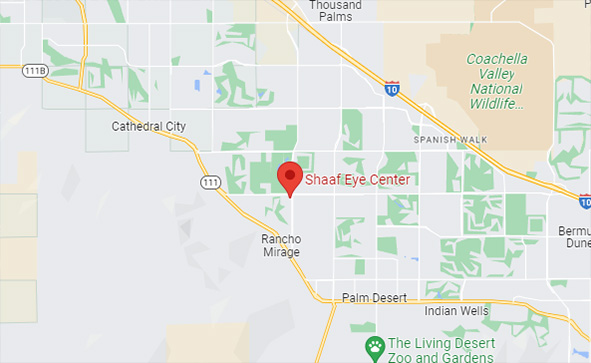
Your cornea plays a vital role in focusing light and allowing you to see the world clearly. But when this part of the eye begins to thin and change shape, it can lead to a progressive condition known as keratoconus—a disorder that can blur and distort your vision over time. The good news is that with modern advances in eye care, there’s now a proven way to slow or even stop the progression of this condition. At Shaaf Eye Center, patients with keratoconus can benefit from Corneal Crosslinking, a groundbreaking treatment that strengthens the cornea and helps preserve clear vision for the future.
Understanding Keratoconus
Keratoconus is a progressive eye condition that affects the cornea — the clear, dome-shaped surface at the front of your eye. In a healthy eye, the cornea maintains a round shape, allowing light to focus correctly onto the retina for clear vision. However, in patients with keratoconus, the cornea becomes thin and begins to bulge outward into a cone-like shape, causing distorted and blurry vision.
According to the American Academy of Ophthalmology (AAO), keratoconus often appears during a person’s late teens to early 30s and can worsen over time. Symptoms may include increasing nearsightedness, frequent changes in eyeglass prescriptions, halos around lights, and difficulty seeing at night. Left untreated, it can significantly affect daily activities such as reading, driving, and recognizing faces.
How Corneal Crosslinking Helps
One of the most effective treatments for halting the progression of keratoconus is Corneal Crosslinking (CXL). This advanced procedure strengthens the cornea by using a combination of vitamin B2 (riboflavin) eye drops and ultraviolet (UV) light. Together, these elements create new bonds between the collagen fibers in the cornea, reinforcing its structure and preventing further bulging.
As the AAO explains, “Corneal Crosslinking is designed to stop keratoconus from worsening and may help some patients avoid the need for a corneal transplant.” It is not a vision correction procedure like LASIK, but it plays a crucial role in preserving vision and maintaining corneal stability for the long term.
What to Expect from the Procedure
Corneal Crosslinking is typically performed in-office under local anesthesia. During the procedure, your ophthalmologist will apply riboflavin drops to the cornea and expose it to a controlled UV light for about 30 minutes. The treatment is painless for most patients, and while recovery time varies, most people can return to their normal activities within a few days.
Many patients experience improved corneal strength and stability within months after treatment, helping to prevent further vision deterioration. In some cases, additional vision correction methods—such as scleral lenses or glasses—may still be recommended for optimal clarity.
Take Control of Your Vision Today
If you’ve been diagnosed with keratoconus or are noticing frequent changes in your vision, early intervention is crucial. Corneal Crosslinking can make a life-changing difference—stopping keratoconus from getting worse and helping you maintain clearer vision for years to come.
At Shaaf Eye Center, our experienced ophthalmologists specialize in diagnosing and managing corneal conditions with advanced treatments like Crosslinking. We are committed to providing personalized care tailored to your unique needs and vision goals.
Don’t wait for your vision to worsen. Protect your sight and preserve your quality of life today. Schedule your comprehensive eye exam at Shaaf Eye Center to find out if Corneal Crosslinking is right for you.
Call us today at (760) 346-5005 or visit our website to book your appointment and take the next step toward clearer, healthier vision.
What our Patients says about us:
“Very pleasant experience. Staff were nice and helpful. I had to leave before I had finished my appointment and were nice enough to let me come back the same day. Dr. Shaaf was very kind.”
“Dr. Penderville and staff are courteous and knowledgeable. I always appreciate their great care and professionalism.”






